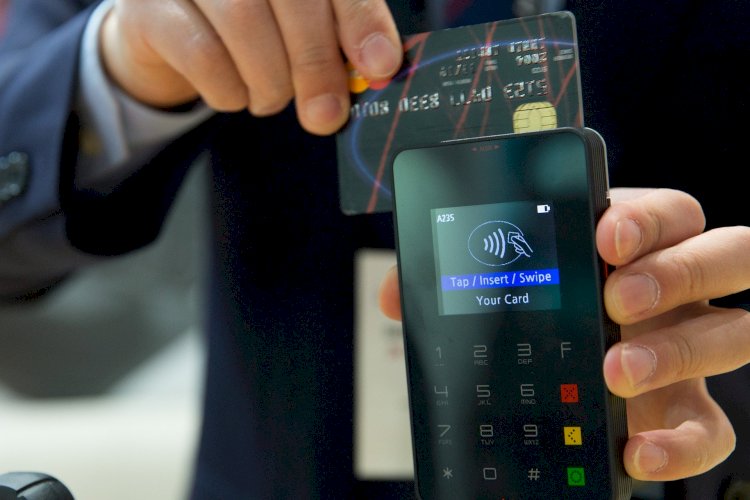Credit Card Processing

What parties are interested in processing credit cards?
Whenever a client swipes a card or credit card number into the system, many parties play a role, and they are:
The CardHolder
It is the cardholder who holds the card that is being used to make the transaction.
The Merchant
This is the company owner who accepts credit card payments and wants the services provided by a processing firm for credit cards.
The Card Association
This applies to whether the credit card has a Visa, Mastercard, Discover, or American Express brand. These're not banks here. They set exchange rates, retain and develop their networks, and arbitrate between banks being purchased and released.
The Issuing Bank
The issuing bank is the bank that issues the card to the customer. For the transactions made by their cardholders, these banks are members of card partnerships and pay-acquiring banks. In compliance with the rules defined in their credit card agreement, it is then the duty of the cardholder to pay back that amount.
Processor
For the transactions made by the cardholders, these banks are members of card partnerships and pay-acquiring banks. In compliance with the rules defined in their credit card agreement, it is then the duty of the cardholder to pay back that amount.
Steps Involved in the Payment Process
In this method, all of the parties listed above play a function that begins when the customer takes out a card to buy something. The card is swiped into a terminal that accepts it at this stage and contacts the credit card processing firm that authorises the card or refuses it. If the card is accepted, the banking firm requires a licensed merchant services supplier to deliver the payment to the merchant bank, so that the bank accepts the payment and transfers it into the merchant's account. The declaration is submitted to the merchant at the end of every month. The merchant will locate the exchange and all the transactions in it. This is the fee for retailers to accept their cards as valid means of payment determined by credit card firms.
What kinds of payments will these transactions be correlated with?
Transactional Tariffs
An exchange and cents per transaction are borne by a transaction a merchant conducts. There are compulsory payments decided by the card providers for card collection. Interchange is connected to the type of card, which means that the more expensive the card is for the organisation to operate, the larger the trade, since it provides incentives, cashback, or other benefits.
Recurring Expenses
Check your statement to figure out what is being charged against you. They can be named declaration fees, yearly fees, batch fees, and some that are attached to the monthly declaration.
One-off costs
Among others, these can be called terminal fees, configuration fees, or early termination fees. Check your statement and negotiate with your processor if you are dissatisfied with these payments or look for another one that suits your requirements better.
Conclusion
Technology today has become vital to the success of every business. You may need to look into invoicing online and leave behind the manual invoicing. You will also want to look at having smart EMV terminals that allow all chip cards and payments such as Apple Pay to be accepted safely.


 Local BangaloreTeam
Local BangaloreTeam 









